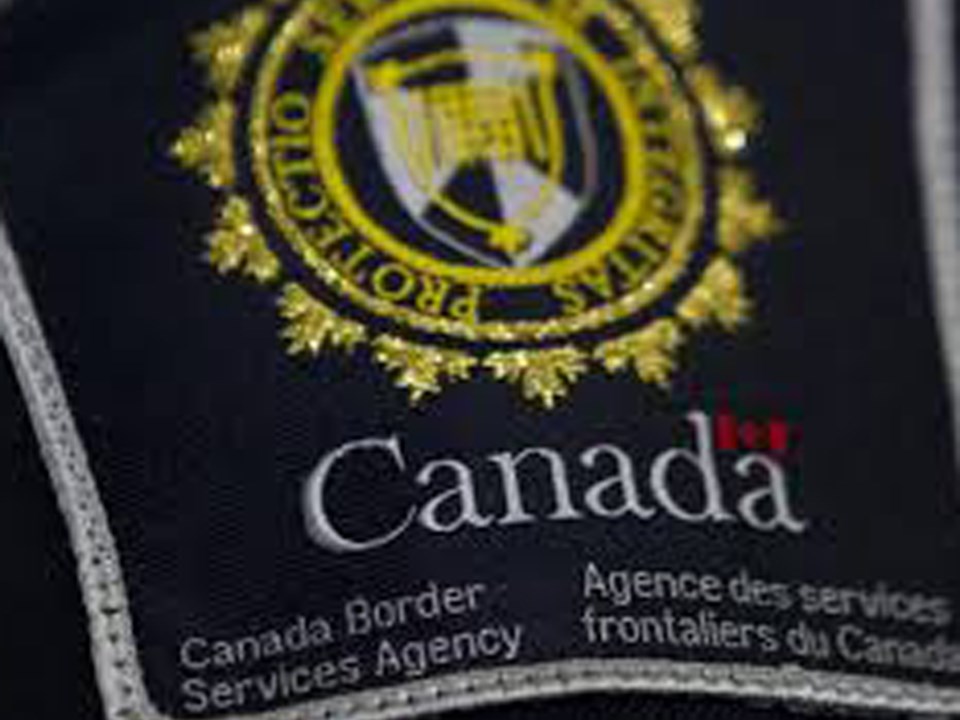NORTHWESTERN ONTARIO - COVID-19 restrictions may have been lifted to allow the public to cross the border; however, there a still COVID protocols in place to ensure the spread of the virus is maintained.
Canada’s Border Service Agency reminds all travellers, regardless of vaccination status, are required to submit their information to ArriveCAN through their free mobile app or by website up to 72 hours before entering Canada.
ArriveCAN collects contact, health and travel information to protect the health and safety of travellers and allow for a faster and more efficient way to shorten wait time at the border.
For those who complete the ArriveCAN information, Canada’s Border Agency requests that travellers print or take a screenshot of their ArriveCAN receipt and bring it with them when they travel.
Alternatively, people without a smartphone or mobile data can submit their information via the ArriveCAN website and prove a print receipt to the border officials when asked.
In addition to the ArriveCAN, checking border wait time before travelling is a good idea. Canada’s Border Service Agency suggests planning trips around non-peak hours, such as early morning. The Monday of holiday long weekends tend to be the busiest. Therefore, the public should expect longer border wait times.
Now that the ice is melted, boating around the Great Lakes is a great way to relax this Victoria weekend. Unless exempt, all travellers entering Canada by water, must report their arrival to the Canada Border Service Agency without delay.
The Canada Border Services Agency also advises that people travelling across the border by boat services will resume at most small vessel reporting sites, representing over 300 sites. These changes are part of a phased approach to gradually reopen the border sites still affected by the temporary measures put in place due to COVID-19.
Travellers on the water, including Canadian citizens, permanent residents, and First Nations, must submit their information in ArriveCAN before or when entering Canada at a marine port of entry.
Upon returning to Canada, people should be ready to declare all goods purchased received while outside the country. It is recommended that gifts not be wrapped as border officials may need to examine them more in-depth. It is good practice to have your receipts readily available to show proof of purchase.
According to Canada Border Service Agency, residents can bring back tax and duty-free goods valued at $200 Canadian after being away for 24 hours. There are no personal exemptions for same-day cross-border shopping trips, so be prepared to pay tax on those purchases and possibly duty.
Furthermore, certain purchased items may not be duty-free or tax-exempt. Therefore, travellers should know before buying what is exempt from helping make informed decisions when shopping abroad.
Foods, plants, or animals, such as raw poultry and poultry by-products that are not fully cooked, must be reported to the border services officer. Due to Highly Pathogenic Avian Influenza in the United States, the government has placed restrictions on imports of live birds, bird products and by-products.
Equally important, Cannabis is still illegal in some states. Although Canada has legalized the use of Cannabis recreationally, there are still laws in place while transporting cannabis across the border in any form. This includes oils containing tetrahydrocannabinol (THC) or cannabidiol (CBD) without a permit or exemption authorized by Health Canada. Transporting Cannabis across the border remains a severe criminal offence subject to arrest and prosecution.
For more information, visit the CBSA Web site.
